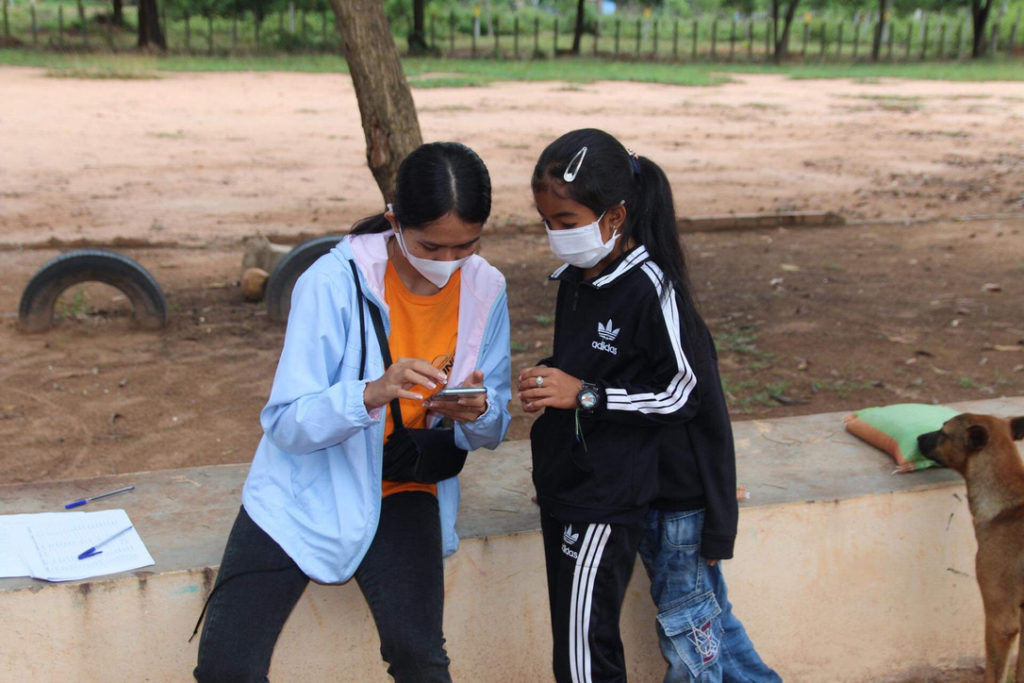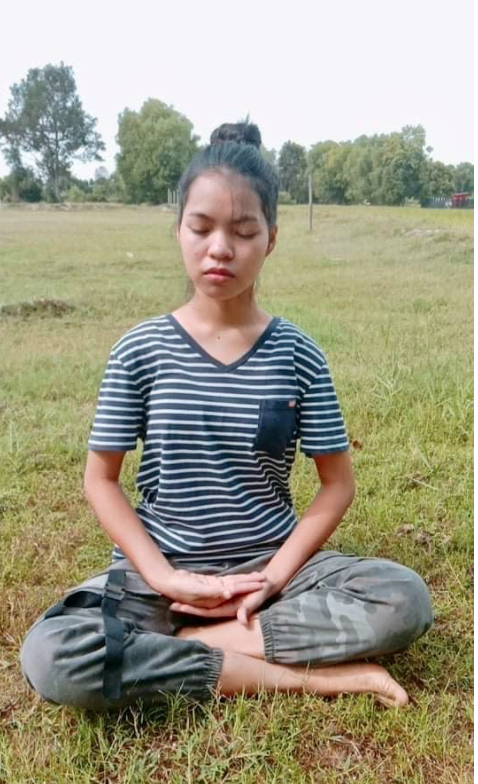Many people are aware of the immense social and physical benefits of sports. But did you know that sports are also shown to improve youth mental health and combat depression?
Mental Health and COVID-19
According to a recent World Africa article:
“COVID-19 has exacerbated mental health cases as it has triggered fear and anxiety in the genocide-survivor population. The prevalence of depression among genocide survivors was at 35.6%, compared to 11.9% in the general population. It also goes on to say, “There is a link between mental health and individual welfare.”
– Dr. Jean Damascene Iyamuremye
In the less-resourced villages of Rwanda and Cambodia where KPI works, 95% of our genocide-survivor families have been significantly affected by the pandemic financially. The social-economic factors such as loss of jobs, acute hunger because of price inflation, and on-going school closures and lockdowns have isolated youth and affected our families’ individual incomes, also contributing to the rise in mental health disorders.
This is why KPI is dedicated to discussing the importance of mental health and wellness in the Cambodian and Rwandan communities where we work. Our programs are designed to actively teach players intentional stress coping strategies in fun and youth friendly ways. It has been such a successful complement to our gender equality through sport work that we have also decided to permanently incorporate “Head in the Game” mental health coping techniques into all our year-round youth and parent-education programs. The initial response has been hugely positive in better understanding the actions and behaviors of our youth and the ability for our coaches and parents to disclose trauma from these difficult experiences because of the safe space and trust KPI has already built with our community members over the years.
KPI Cambodia Implements Innovative Virtual Curriculum!
Due to continued school closures and COVID-19 outbreaks, KPI Cambodia is finding innovative ways to harness the power of sport and activities to teach our youth about the importance of mental health through our first ever virtual curriculum!
“This season, I learned to love myself more and stress less, set time aside to exercise to make me happier, and set specific goals for my future. Thank you to Coach Sophea who is always encouraging me and sending me interactive videos and thoughtful questions in the virtual curriculum.”
–Pong Brasana (F, 19)

Coach Mary teaching her KPI player how to access and participant in the virtual curriculum
Each week, KPI players were rewarded SIM credit for participating in the program. This incentive both aided our players in connecting with their KPI coaches and engaging in the online activities, and increased players’ access to education.
“Because of continued school closures, the virtual curriculum allows coaches to continue growing our relationships with our KPI players. Also, by providing SIMs credit to players it helps them to complete school and KPI homework.”
-Coach Sary
During the virtual curriculum, KPI created a safe environment for players to talk about mental health through phone calls, video chats, and voice recordings. For many, because of the stigma around mental disorders, this was the very first time they’ve ever discussed mental health! Coaches also created weekly activity based videos that introduced specific stress coping strategies to promote good mental health.

Alongside more direct teachings on stress coping strategies, coaches demonstrated their roles as caring adult-role models by calling players and their families for wellness check-ins and content based discussion. Within six weeks, coaches made over 450 phone calls to 92 different participating KPI players!
“I call the players the day before the virtual curriculum to simply build a relationship with them and remind them when to expect their virtual curriculum. Now, even if I am a few minutes late in sending the videos, I will get messages from my players urging me to send.”
-Coach Sary (F)
Our Impact
Older Players (ages 13-18) showed a 17% increase in knowledge of stress reducing strategies. This increase was even more significant amongst younger players (ages 7-12), who showed a 21% increase. Furthermore, 96% of players reported having learned at least one new mental health strategy.

“Deep breathing helps me cope with stress because it allows me to calm my mind and motivate myself to face a challenge.”
-Yorm Tha (F, 17)
“Goal setting gave me hope and helped me dream. It will also help me to find a good job so I can help support my family!”
– Morn Mariza (F, 11)
Join Us
To support KPI’s efforts to provide mental health resources to our communities, please participate in our Play for PEACE of Mind Mental Health & Wellness Fund.
